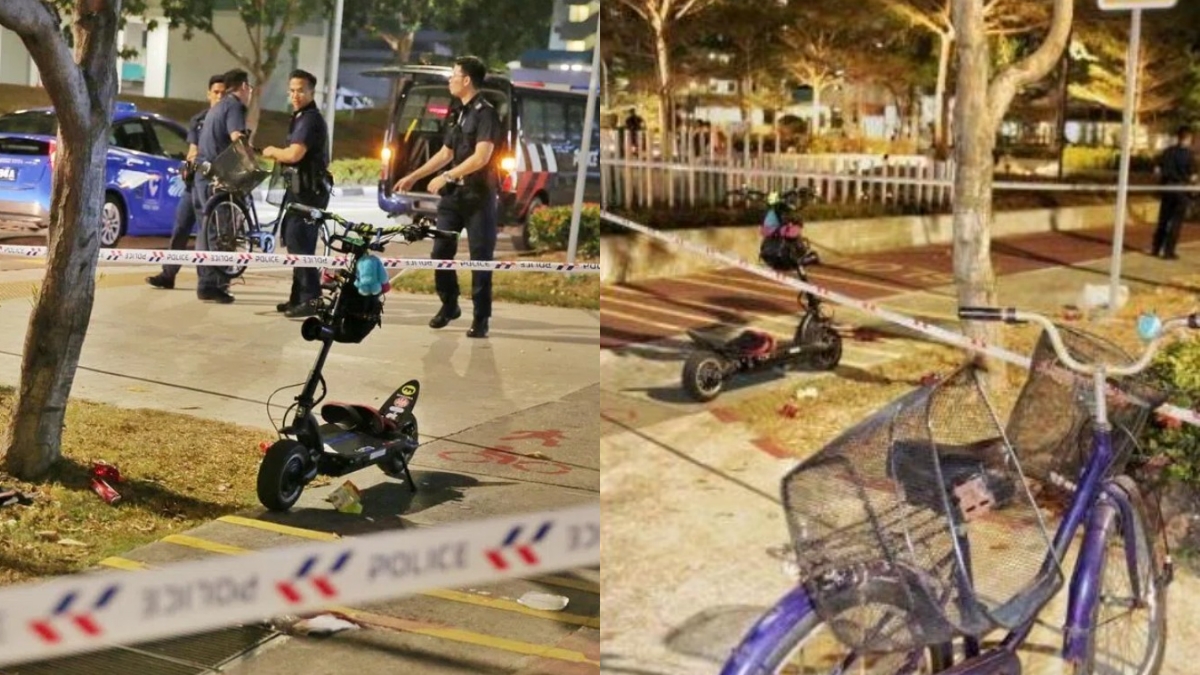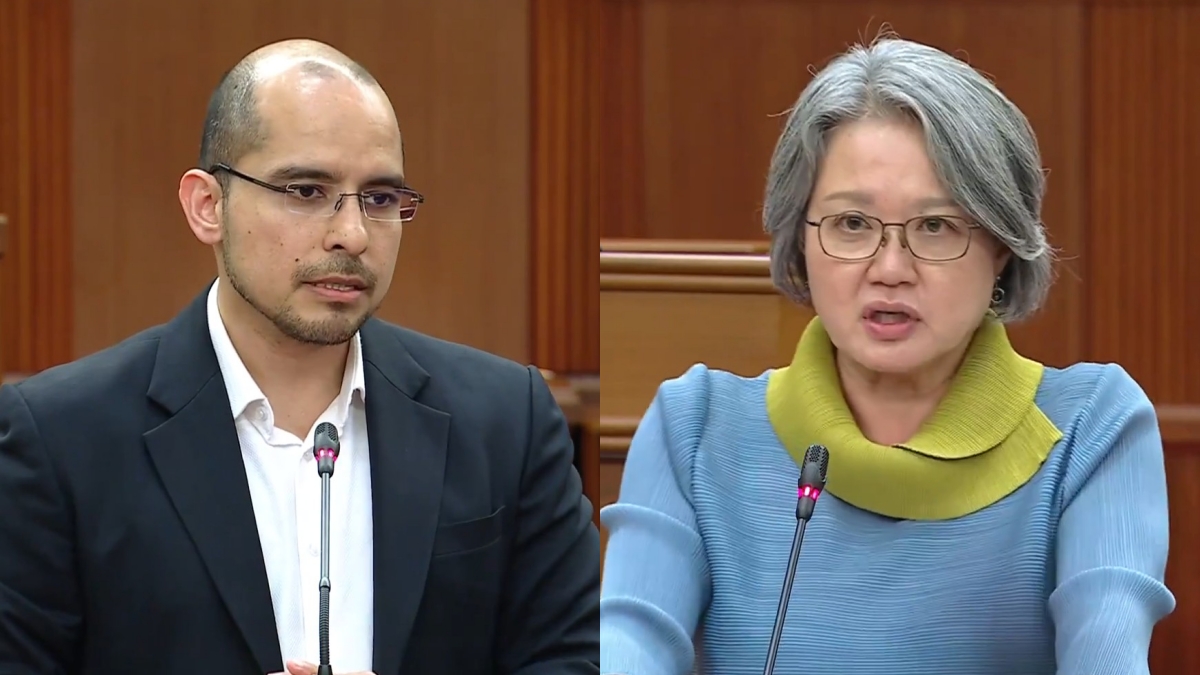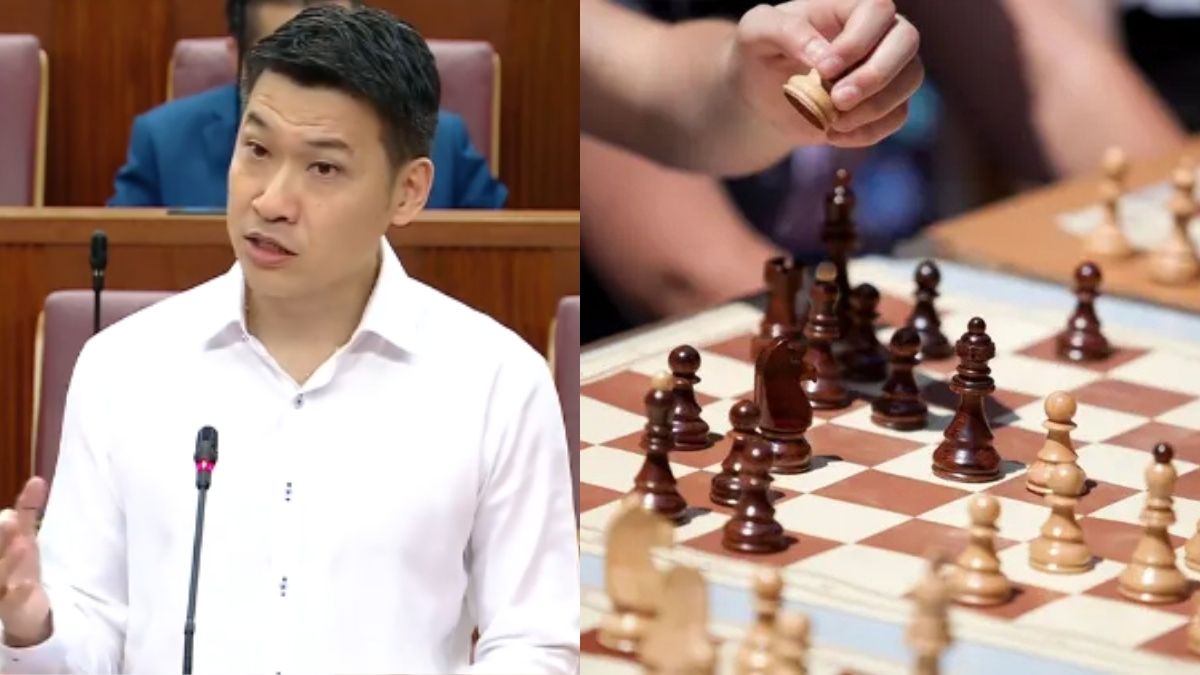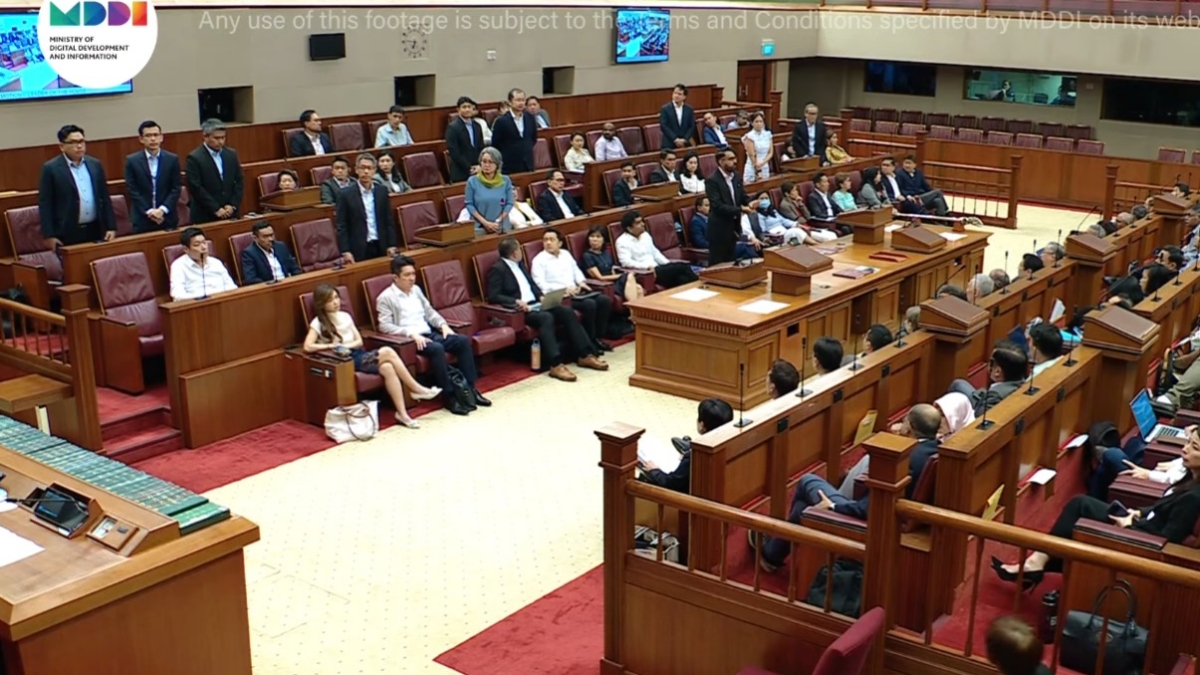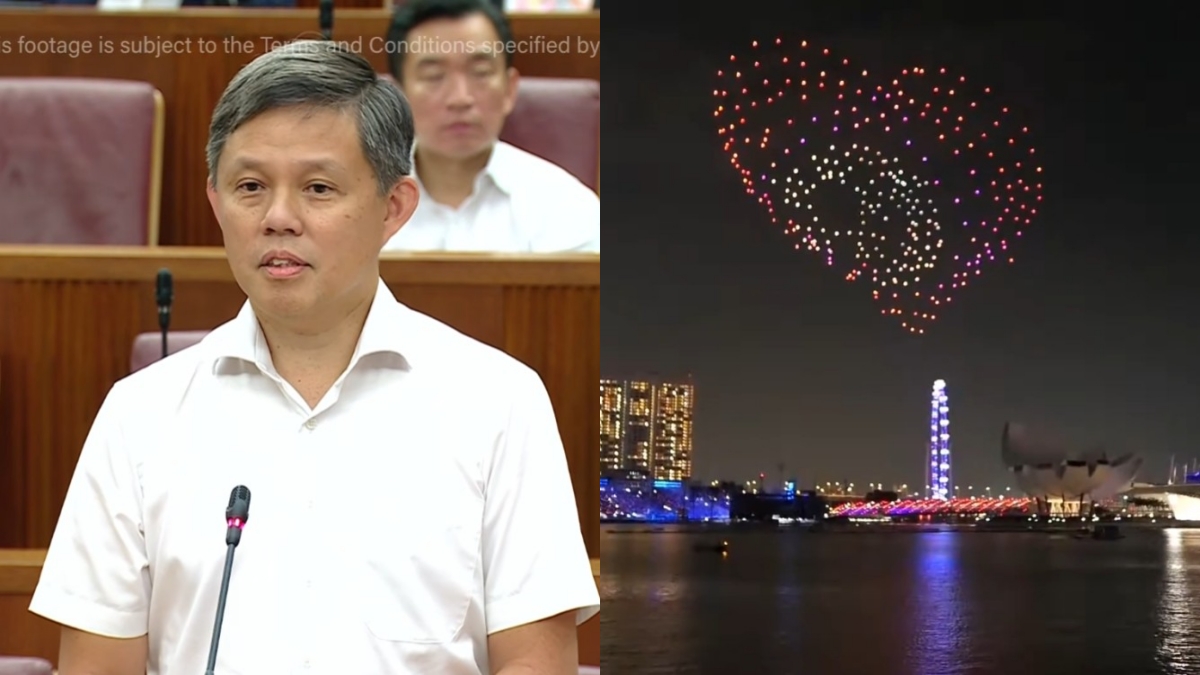MOE Kindergarten expansion will complement sector, as POP scheme for kindergartens dropped
MOE Kindergartens will expand to 60 by 2029, but the POP scheme will not extend to kindergartens, the Government said in a written reply. Demand for full-day childcare has overtaken half-day services, guiding current early education policy.
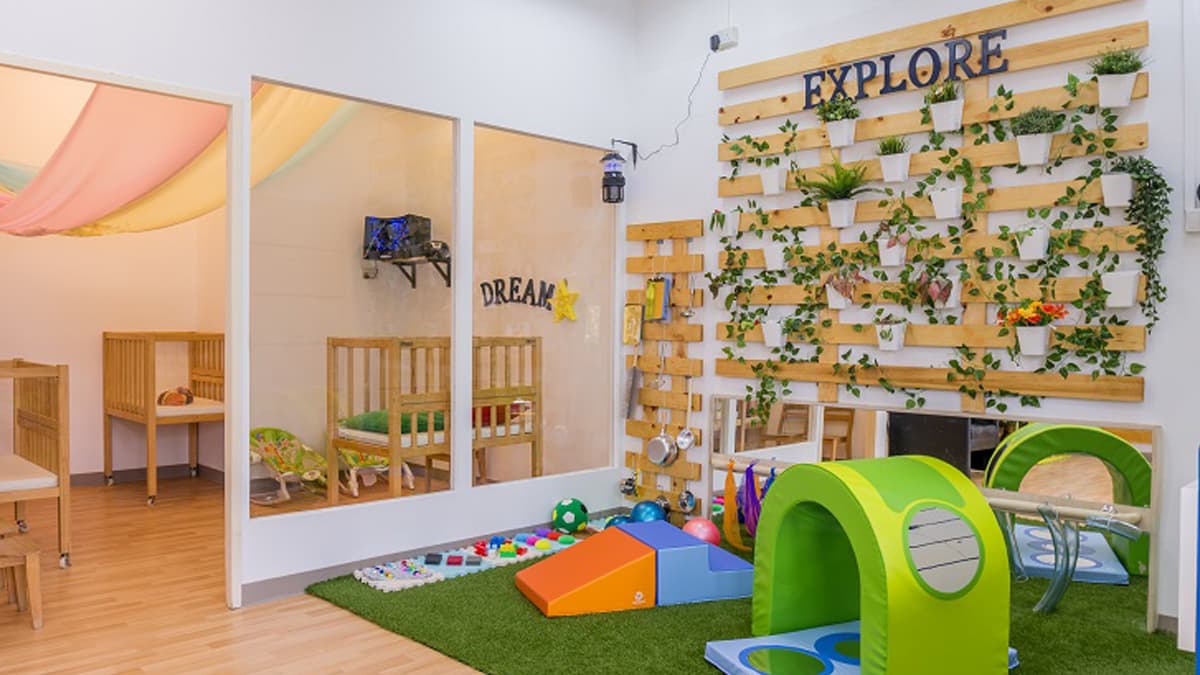
- The Government confirmed it will not expand the Partner Operator (POP) scheme to kindergartens due to declining demand for half-day services.
- Expansion of MOE Kindergartens (MKs) aims to uplift quality and accessibility without displacing diversity in the sector.
- Preschool policies are being adapted to reflect the shift toward full-day childcare services among dual-income families.
In a written parliamentary response dated 14 October 2025, Minister for Social and Family Development Masagos Zulkifli addressed queries on the long-term impact of expanding MOE Kindergartens (MKs) and the status of the Kindergarten Partner Operator (POP) scheme.
The question was filed by Aljunied GRC Member of Parliament Kenneth Tiong Boon Kiat from the Workers’ Party, who asked whether the expansion of MKs affects the economic viability and diversity of Singapore’s kindergarten sector, and sought an update on the POP scheme.
MOE Kindergartens intended to uplift, not displace
Minister Masagos reiterated that the Government’s primary goal is to ensure access to affordable, high-quality preschool education for every child.
Currently, 56 MOE Kindergartens are in operation, with the number expected to grow to 60 by 2029. These are part of broader government-supported preschool efforts, designed to complement—not replace—other providers.
According to the Ministry, MKs have played a key role in uplifting the sector by:
-
Implementing the Nurturing Early Learners (NEL) Framework, developed by MOE
-
Sharing high-quality teaching and learning practices with other preschool operators
-
Supporting lower-income families through priority enrolment and targeted learning interventions
-
Promoting bilingualism by offering all three official Mother Tongue Languages (MTLs)
Masagos noted that MKs have helped raise standards across the sector and enhanced support for children from diverse backgrounds.
POP scheme will not extend to kindergartens
Addressing the second part of MP Tiong’s question, Masagos confirmed that the POP scheme will not be extended to kindergartens, despite earlier plans shared in 2019 to do so.
“We have observed falling demand for half-day kindergarten services due to growing demand for full-day care with more dual-income families over the past five years,” he stated.
In view of this shift, the Early Childhood Development Agency (ECDA) has redirected its efforts toward meeting rising demand for full-day childcare, including through the current POP scheme which applies to childcare centres.
Given this, and the availability of sufficient kindergarten places, including those under MOE and Anchor Operator (AOP) schemes, the Government has decided not to proceed with expanding POP to kindergartens.
Families preferring shorter hours still have the option of half-day childcare services offered by AOP and POP childcare providers.
Policy continues to evolve with demand
Minister Masagos emphasised that the preschool policy landscape remains responsive to evolving family needs, particularly as household structures change and work patterns evolve.
He added that the Government will continue to monitor trends and calibrate policies to maintain accessibility, affordability, and quality in early childhood education.
There are no current plans to introduce new kindergarten-specific subsidies or schemes beyond the MK expansion and existing AOP provisions.
Origins and structure of the Partner Operator scheme
The Partner Operator (POP) scheme was introduced by the Early Childhood Development Agency (ECDA) in 2016 to enhance the affordability, accessibility, and quality of childcare and infant care services in Singapore.
Under the scheme, selected childcare centres receive government funding in return for adhering to monthly fee caps—S$680 for full-day childcare and S$1,290 for full-day infant care (excluding GST)—for Singapore Citizen children. These operators also commit to keeping fee increases modest.
In addition to affordability, the POP scheme supports improvements in quality through alignment with the Singapore Pre-school Accreditation Framework (SPARK) and investments in organisational capabilities and staff development.
As of the 2021–2025 POP term, 323 childcare centres have been appointed under the scheme. The funding also promotes professional development opportunities for centre leaders and educators.


